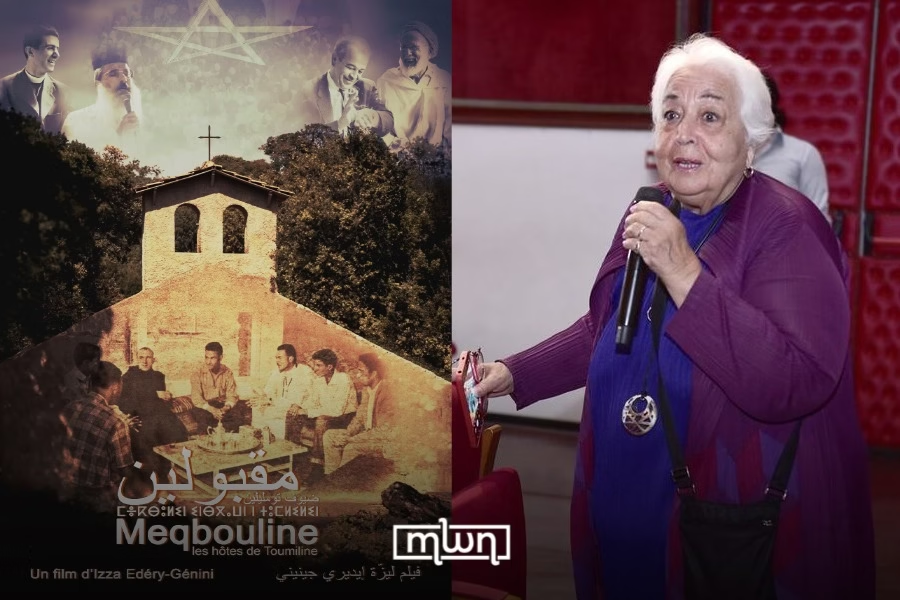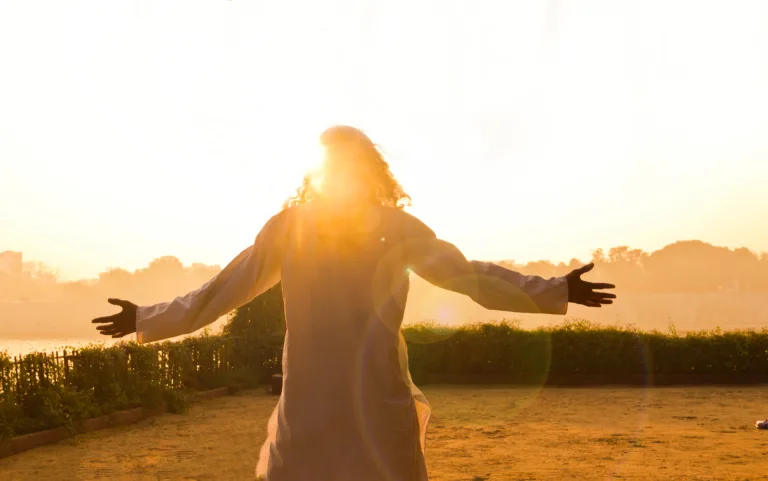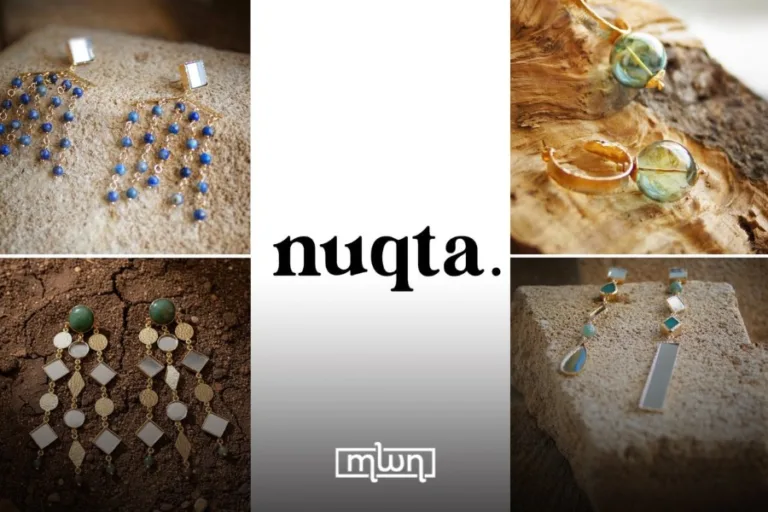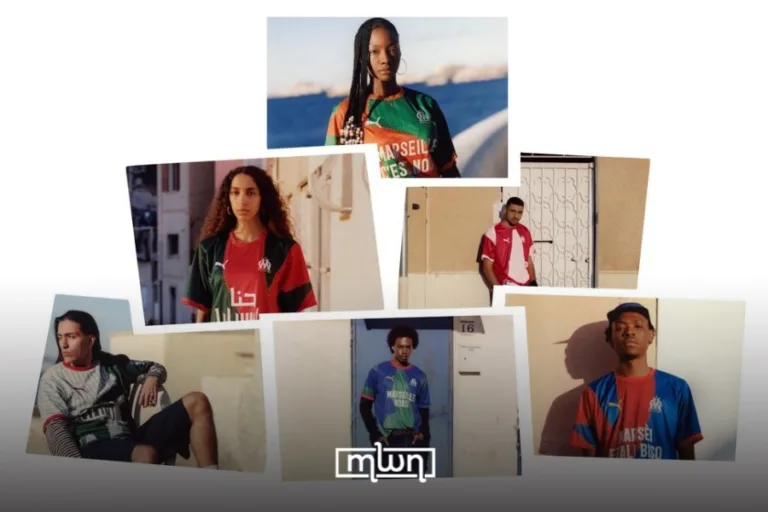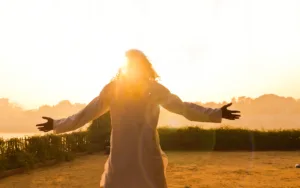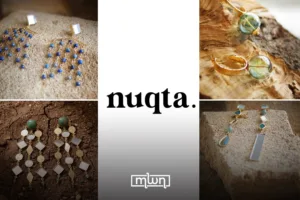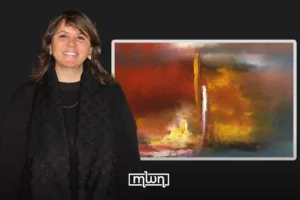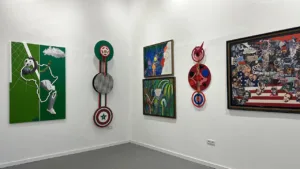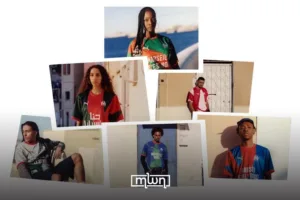A retelling that follows the story of Christian monks welcomed in 1950s Morocco serves as a model of dialogue and mutual respect.
Rabat –The documentary film “Meqbouline, les hôtes de Toumliline”, directed by Moroccan filmmaker Izza Edery-Génini, was screened Tuesday at the headquarters of the Mohammed VI Foundation for the Promotion of Social Works in Education and Training.
The event, organized by the National Human Rights Council (CNDH) in partnership with the Fondation Mémoires pour l’Avenir, invited audiences to reflect on a unique moment in Moroccan history that brought together spiritual traditions from Judaism, Christianity, and Islam.
The 43-minute film tells the story of twenty Benedictine monks from En-Calcat Abbey in southern France who settled in Toumliline, near Azrou, in 1952 – during a pivotal moment in Morocco’s history between the end of colonial rule and the early years of independence.
Instead of staying isolated, the monks integrated into the local community, offering healthcare, education, and agricultural programs.
With the support of the late King Mohammed V, they also created the now-renowned Rencontres Internationales de Toumliline, intellectual gatherings that welcomed voices from around the world.
The documentary is more than just a retelling; it explores the depths of Morocco’s pluralistic spiritual heritage.
The monks–referred to as “meqbouline,” meaning “those who are accepted” became part of a broader national story of coexistence, marked by mutual understanding between Morocco’s Muslim, Jewish, and Christian communities.
CNDH president Amina Bouayach described the film as part of a broader effort to preserve Morocco’s collective memory, particularly from the 1950s and 1960s.
“The guests of Toumliline are a powerful example of how dialogue, even when filled with contradiction, can help shape a shared memory across cultures and nations,” she said.
Lamia Radi, president of the Fondation Mémoires pour l’Avenir, talked about the importance of making lesser-known stories accessible to new generations.
“This is a story of respect, encounter, and reciprocal knowledge–one that deserves to be passed on,” she said.
“Meqbouline” was filmed between Morocco and France, using digitized archival footage. It was produced by the Fondation Mémoires pour l’Avenir under the executive production of OHRA SARL.
Read also: From ‘Normale’ to ‘Nouss-Nouss’ : How to Order Coffee in a Moroccan ‘Kahwa’

